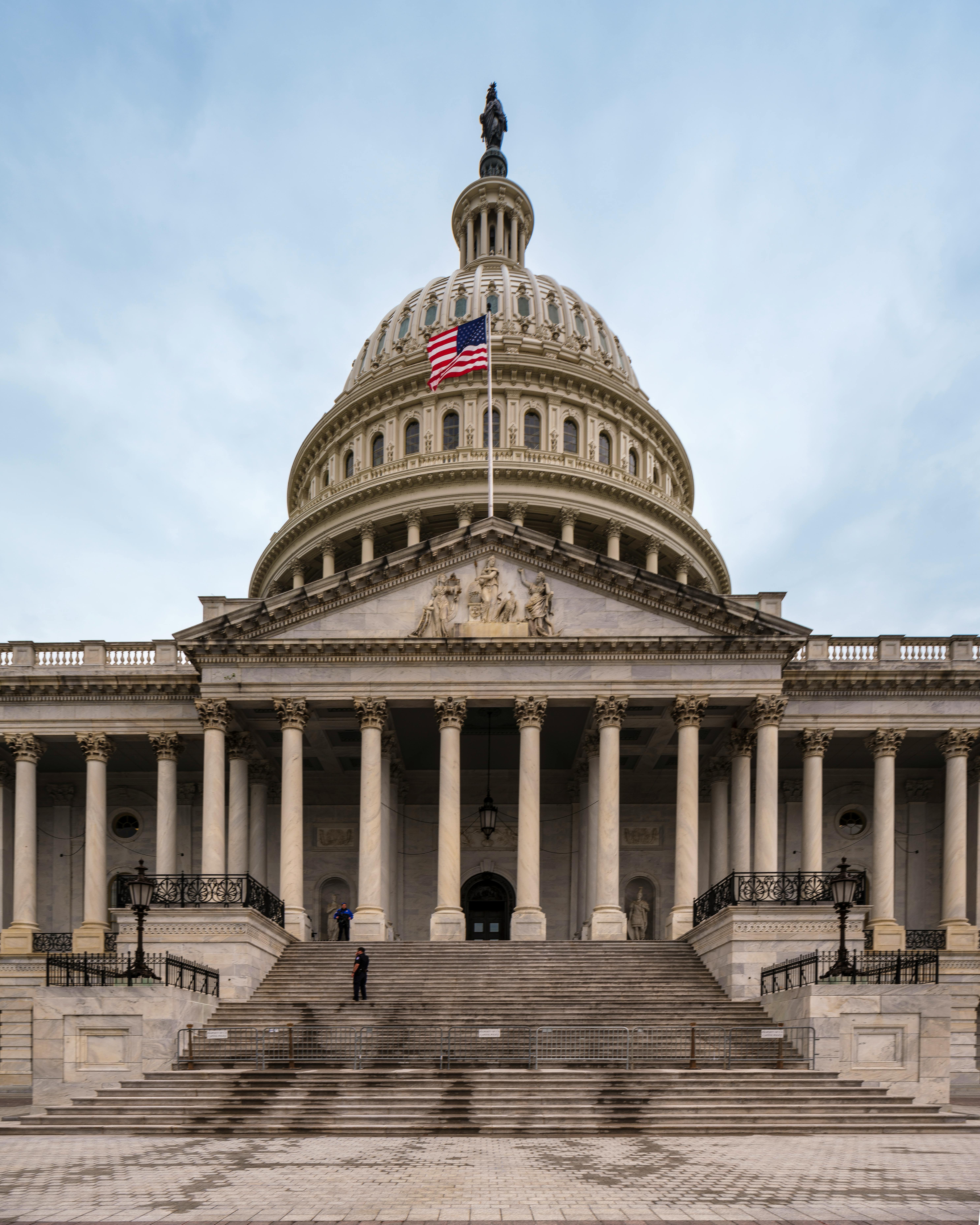Will Fed Rate Cuts Drive Corporate Buyback Addiction To New Heights?

As the Federal Reserve prepares to implement a new round of interest rate cuts, Corporate America is gearing up for what could be another surge in stock buybacks. Buybacks have been a dominant corporate strategy in recent years, especially in periods of low interest rates. Companies use buybacks to reduce the number of outstanding shares, artificially boosting earnings per share (EPS) and driving up stock prices. The upcoming rate cuts could push corporations into an even greater reliance on this tactic, raising questions about the long-term health of these businesses and the overall economy.
Why Companies Love Buybacks
One of the primary reasons companies favor stock buybacks is their ability to boost share prices quickly. By reducing the number of shares in circulation, the remaining shares increase in value. This, in turn, leads to higher EPS, which often results in a positive reaction from investors. Buybacks are also an efficient way to return capital to shareholders, sometimes preferred over dividends due to the tax advantages for investors.
For corporate executives, buybacks offer an additional incentive. Many executive compensation packages are tied to stock performance, meaning a rising stock price directly benefits their pay. As a result, there is often a strong incentive for companies to prioritize buybacks, especially in times when market conditions are favorable, such as when borrowing costs are low.
Low Interest Rates and Buyback Addiction
With the Federal Reserve set to lower interest rates, borrowing becomes cheaper, giving companies more access to debt financing for buybacks. Instead of using profits or reinvesting in their business, many companies choose to take on debt to fund share repurchases. In a low-rate environment, the cost of borrowing is minimal, making it an attractive option for boosting stock prices without impacting cash reserves.
However, the increasing use of debt to finance buybacks raises concerns about long-term sustainability. Over-leveraging can put companies in a precarious position, especially if future earnings do not meet expectations or if interest rates rise again. What starts as a strategic financial move to reward shareholders can quickly become a dependence on debt-fueled stock price boosts, rather than focusing on core business growth.
Risk of Overvaluing Low-Quality Companies
While stock buybacks can offer short-term benefits, they also carry significant risks. The most concerning issue is that buybacks can inflate stock prices without any real improvement in a company’s underlying fundamentals. Companies with weak growth prospects or those facing operational challenges may use buybacks to keep their stock price artificially high, masking deeper issues in their business.
By focusing on buybacks, many companies risk neglecting long-term investments that are critical for future growth, such as research and development, innovation, and capital expenditure. This short-term focus can ultimately lead to the decline of a company’s quality and competitiveness in the market.
Some high-profile cases of companies over-leveraging to fund buybacks have shown the danger of relying too heavily on this strategy. In some instances, firms have damaged their balance sheets, leaving them ill-prepared for economic downturns or unexpected disruptions.
The Bigger Picture: Market and Economic Consequences
At the market level, the growing reliance on buybacks can distort investor perceptions of a company’s true value. As stock prices rise due to buybacks, investors may overestimate the company’s health and future growth potential. This can lead to overvaluation, where a company’s stock price is not supported by its financial fundamentals, creating the risk of a market bubble.
From an economic standpoint, excessive focus on buybacks can lead to underinvestment in areas that drive long-term economic growth, such as technology, infrastructure, and human capital. When companies prioritize returning cash to shareholders rather than reinvesting in their business, it can stifle innovation and slow productivity growth across entire industries.
Analysts and economists have voiced concerns about the broader implications of buyback-driven markets. They warn that relying on stock repurchases to boost share prices may weaken companies’ ability to weather economic shocks. Moreover, buybacks can reduce a company’s flexibility, as increased debt levels limit the ability to respond to market changes or invest in growth opportunities.
Conclusion
While stock buybacks can provide immediate benefits, especially in a low-interest-rate environment, the risks associated with over-reliance on this strategy are significant. The upcoming Fed rate cuts are likely to fuel a new wave of buybacks, but this short-term gain comes with long-term risks for companies, investors, and the broader economy. The potential for overvaluation of low-quality companies and the sacrifice of long-term growth in favor of short-term stock boosts could have lasting consequences.
As Corporate America faces the prospect of sustained low interest rates, it is crucial that companies strike a balance between returning capital to shareholders and investing in their future growth. For investors, understanding the potential downsides of a buyback-driven market is key to making informed decisions. While buybacks may lift stock prices in the short term, a healthy, sustainable business relies on far more than financial engineering.
Author: Ricardo Goulart
Gyrostat Capital Management: Why Risk Management Is Not About Predicting Risk
Why Risk Management is Not About Predicting Risk Financial markets reward confidence, but they punish certai... Read more
Gyrostat January Outlook: Calm At Multiyear Extremes
This monthly Gyrostat Risk-Managed Market Outlook does not attempt to forecast market direction. Its p... Read more
Gyrostat December Outlook: The Market Does The Work
Harnessing Natural Volatility for Consistent Returns Markets have always moved more th... Read more
Gyrostat Capital Management: Why Advisers Must Scenario-Plan Both The Bubble And The Bust
The Blind Spot: Why Advisers Must Scenario-Plan Both The Bubble and The Bust In financial m... Read more
Gyrostat Capital Management: The Hidden Architecture Of Consequences
When Structures Themselves Become A Risk In portfolio construction, risk is rarely where we look for it.... Read more
Gyrostat November Outlook: The Rising Cost Of Doing Nothing
Through the second half of 2025, markets have delivered a curious mix of surface tranquillity and instabi... Read more

